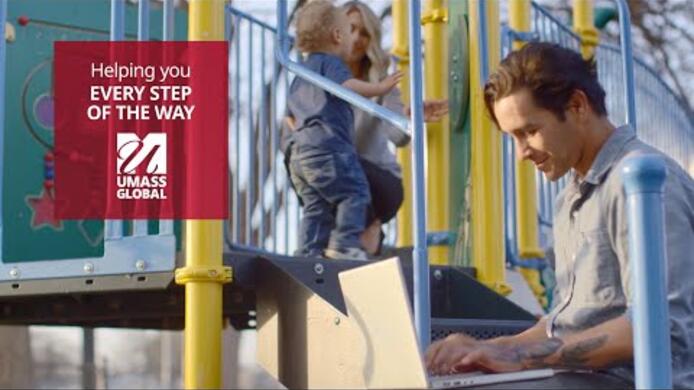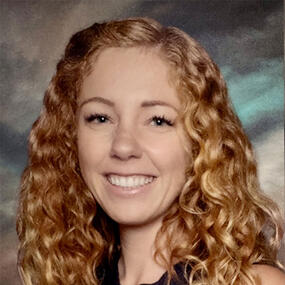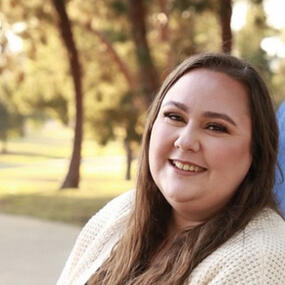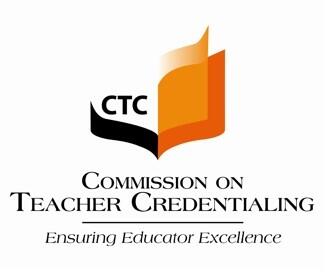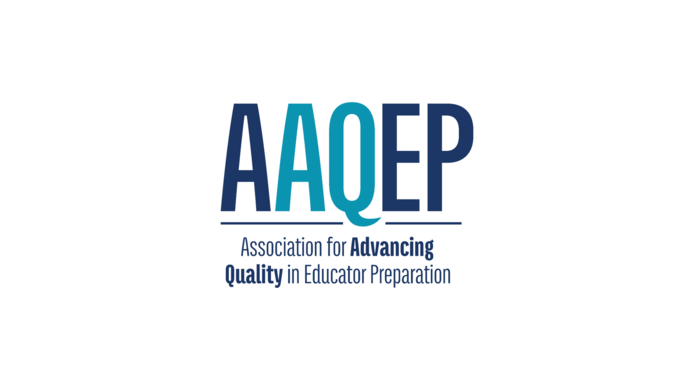Enhance Student Performance with a focus on Behavior Analysis
Learn to identify socially significant behaviors and use behavior intervention to help students improve in the classroom. By pursuing a Master of Arts in Special Education with a concentration in Applied Behavior Analysis (ABA), you’ll gain skills for collecting data on behaviors, implementing behavior change procedures, and evaluating progress.
The curriculum of this Special Education master's degree aligns with the Council for Exceptional Children's Advanced Content Standards and meets the 5th task list coursework requirements for eligibility to take the Board Certified Behavior Analyst (BCBA) examination.
As a Master of Arts in Special Education, ABA student, you will:
- Define, measure, and assess behavior using evidence-based best practices.
- Explore different strategies for experimental design.
- Explore evidence-based best practices for gathering and evaluating behavioral data.
- Understand factors that influence behavior change.
- Learn appropriate educational technology for addressing and identifying behavioral needs.


